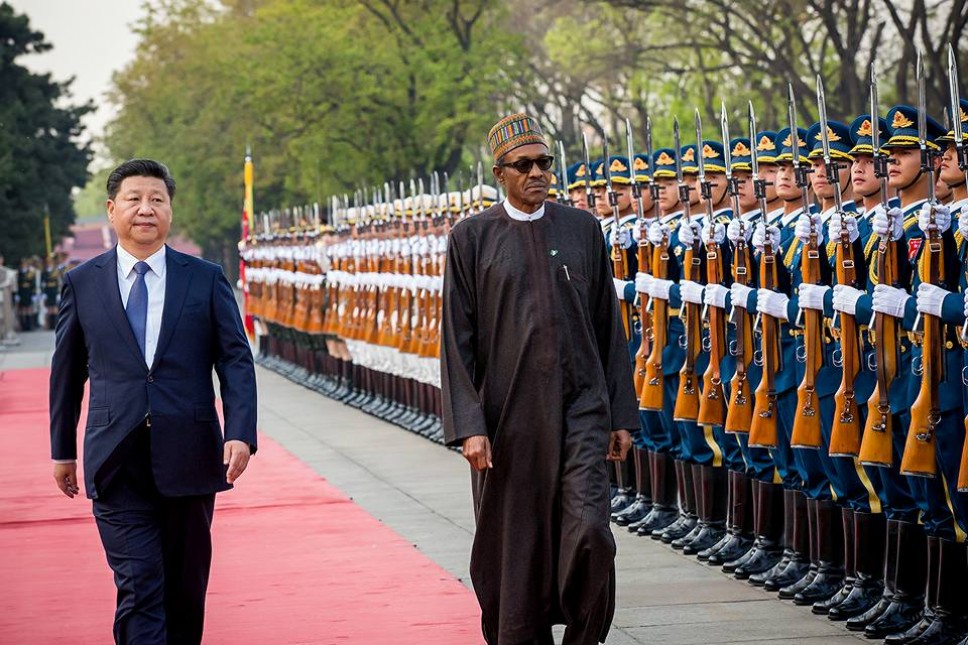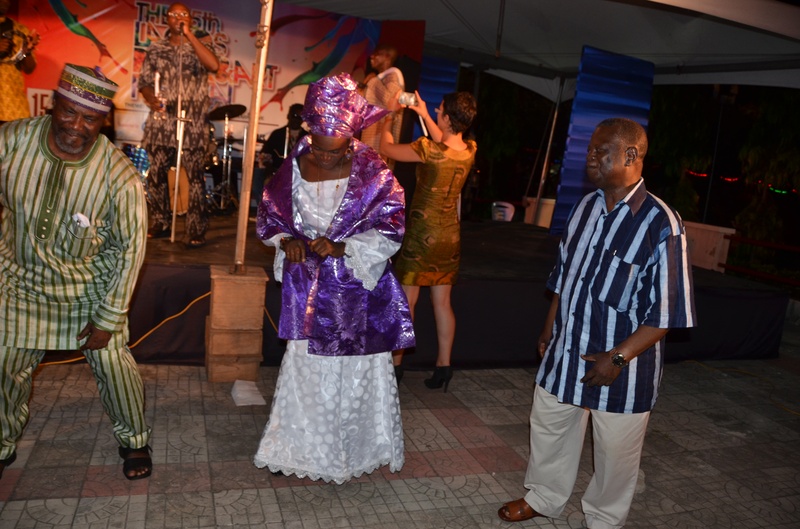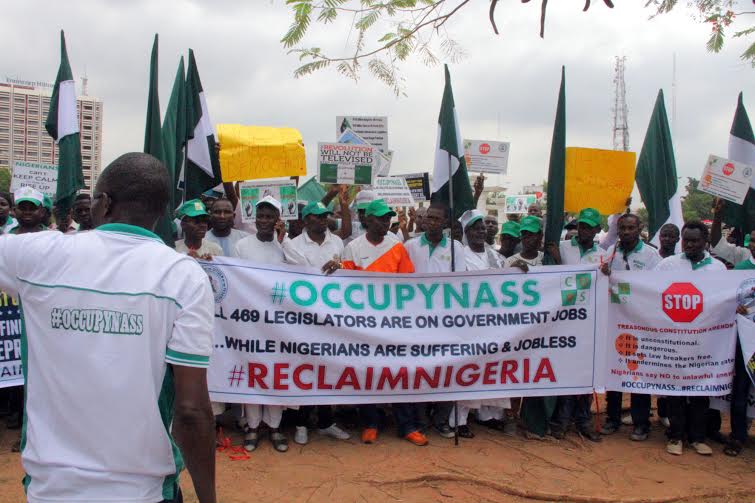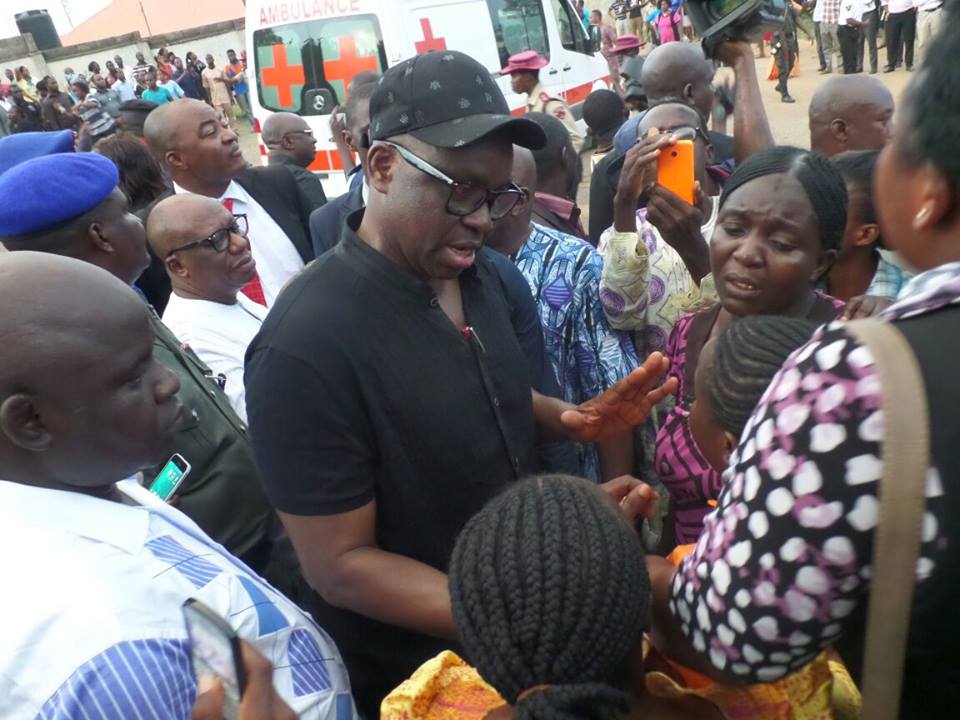By Aliyu Abdullahi
Since Nigeria gained its independence in 1960, the country has pursued a foreign policy with an alignment to the West with the exception in the periods of both late Generals Murtala Mohammed and Sani Abacha which saw the country moving to the East. President Muhammadu Buhari who assumed office exactly one ago as a democratically elected President of Nigeria has taken some new directions in his Administration’s foreign policy, largely in line with his Party’s Campaign manifesto which promised the electorates that Nigeria’s national interest will guide his foreign policy, after which his Administration will focus on the sub region of West Africa.
True to the words of the President, immediately after taking oath of office, he wasted no time in embarking on a high level diplomatic mission to the Lake Chad Countries to drum up support in the fight against insurgency that nearly overwhelmed his predecessor’s Administration. Worthy of note is that the President has not deviated from his three cardinal agenda (Fight against insecurity, Corruption, Economy/Job Creation) even in his foreign policy implementation. This can easily be tracked from the President’s foreign travels, it’s either it has to do with fight against corruption and the negotiations to repatriate back to the country stashed Nigeria’s money abroad which had since been yielding results to securing international commitment in the fight against terrorism which has become a global phenomenon and finally to finding ways for making Nigeria an economically viable country through diversification from oil dependency and technological advancement.
For all these efforts, the President was heavily criticised by the opposition Party and some pessimists that never understood the importance of high level diplomacy. But the President knew too well that a call to serve as the highest officer in the land will entail a personal sacrifice of his comfort and that of his home. So, the President for the first time in Nigeria’s foreign policy history decided to try winging it from the left and to the right by embracing the West and the East (China) in order to achieve those three cardinal agendas he promised the Country, hence the double edge sword of the foreign policy was unleashed.
Missing in the criticism of President Buhari’s management of foreign policy is an analysis of the lessons learned, if any, from the interactions so far with the outside world. Without a doubt, there is a surfeit of lessons to draw from these interactions. Take China for instance, a country that has transformed itself from an agrarian economy to the second largest economy in the world within the last thirty years.
Advertisement
In 1978, China’s Gross Domestic Product (GDP) per capita stood at a mere US$200. By 2015 and with a population of about 1.3 billion, the country’s GDP per capita had jumped to US$18,000. How has China managed to achieve this quantum leap? It is a product of a combination of factors. For reason of space, this article will only mention the key elements of these factors without detailed elaboration and attempt to relate them to Nigeria’s domestic situation and how that impacts on foreign policy.
Under Deng Xiaoping, China had a purposeful leadership. This set the stage for a change in economic direction. Subsequent leaders after Deng Xiaoping did not deviate from the path that he set. Rather, they built on the foundation that he laid. China’s growth and transformation are therefore, easily traceable to the quality of leadership that the country has had. In Nigeria on the other hand, quality leadership has at best, been a flash in the pan. In 1984, for instance, Nigeria enjoyed a short-lived period of strong leadership. The return of President Buhari in 2015 under a democratic dispensation gives hope of a rejuvenation of this leadership quality.
A second quality that one can also draw from China is the clarity of the vision that the country set for itself. Deng Xiaoping provided that vision and leaders who came after him guided China to its realization. It was quite informative to learn that the country is now setting its sight on attaining a new vision of doubling her GDP within the next five to ten years. In recent times, Nigeria has had different visions, including Vision 2010 and Vision 20:2020 the pursuit of which has been staccato. The goal of attaining national development commensurate with Nigeria’s potentials and endowment will remain elusive unless the country defines a clear vision and keeps faith with that vision. It is incontestable that President Buhari has a vision for Nigeria.
Advertisement
Thirdly, China’s transformation derives from the unfettered commitment of her leaders and citizens over the past few decades. It is true that commitment comes with a price, but the good news is that commitment also pays. Nigeria needs a good dose of commitment to take her natural place as a well-endowed country. The unwavering commitment of President Buhari to the three priority areas that defined his electoral campaigns and now, his first year in office is not in doubt. Needless to say, it is too early in a four-year term to subject this commitment to a negative analysis when he has only done a quarter of his journey as President.
Fourthly, China’s experience points to the invaluable role of national dedication at the level of leadership and followership to a defined goal. National development cannot take place as a stop-go undertaking. All hands must be on deck and all eyes on the ball at all times. Failing this, there are bound to be bumpy or disastrous crashes along the way. We have witnessed these crashes in Nigeria and continue to suffer their consequences. There’s no scintilla of a chance that we will remain on a trajectory devoid of national dedication, and somehow, muddle our way through to attain lasting national development.
Fifthly, we can see in China the place of discipline in all facets of national life. A strong leadership, coupled with a clear vision, commitment and dedication can however, be undermined by the absence of discipline. No society can grow or thrive on the back of indiscipline. There was a still-born campaign of War Against Indiscipline (WAI) in Nigeria from April 1984 when it was launched to August 1985 when it was aborted. When the campaign lasted, Nigeria wore a new face. One can only imagine, with a sense of nostalgia, where Nigeria would have been today had that campaign been allowed to last.
A further lesson from China relates to the coherence of policy as elixir for national development and renewal. For too long, Nigeria has toyed with incoherent on-again off-again national policies. It is important that the policies that are put in place are not only coherent, but are also consistent in nature both in conceptualization, and more importantly, in their implementation.
Advertisement
A final lesson from China that this article seeks to draw from is the unabashed, single-hearted devotion to a national philosophy. It doesn’t matter what one calls this philosophy, but it is of utmost importance to situate national development in the context of an underpinning philosophy. The West has remained true to the tenets of capitalism. China too makes no bones about her commitment to her brand of communism. This principle has served others, China inclusive. It can also serve Nigeria well if serious thought is given to adopting a national philosophy to guide our development.
The extensive reference to China is to demonstrate what a country and people can do if certain prerequisites are met. What is obvious is that China has remained consistent and resolute in her pursuit of national development. Other countries have their success stories to share.
President Muhammdu Buhari, as leader of Nigeria, has the onerous task of ensuring that in managing Nigeria’s affairs, he strikes the right balance between the domestic scene that is characterized by myriad challenges and what some analysts call internal contradictions, and an external environment that is competitive, dynamic, fluid and volatile at the same time. President Muhammadu Buhari does not cut the image of a movie or show-business star. But the adulation he receives wherever he goes stands him out as Nigeria’s authentic and best brand in terms of character, integrity and truthfulness.
In this environment, Nigeria can ill-afford the luxury to remain in a cocoon or turn her back on the rest of the world in order to give comfort to critics whose appreciation of global geo-politics is either myopic or colored by the sheer penchant to curtail a journey that has started so well and is yielding inestimable results.
Advertisement
It should be noted that under President Buhari’s watch, Nigeria’s Foreign policy has reclaimed its traditional vibrancy, dynamism and purposefulness. Not only have we regained our pride of place and leadership on the continent and beyond, we have also successfully tied foreign policy exertions to the achievement of domestic priority programmes.
By any stretch of the imagination, President Buhari has performed excellently in his management of foreign policy in his first year in office. March on Mr. President, reach further afield on the global stage, hoist Nigeria’s flag high, higher and higher.
Advertisement
Abdullahi, A Legal Practitioner and Policy Analyst writes from Abuja and can be reached via [email protected]
Advertisement
Views expressed by contributors are strictly personal and not of TheCable.
Add a comment






